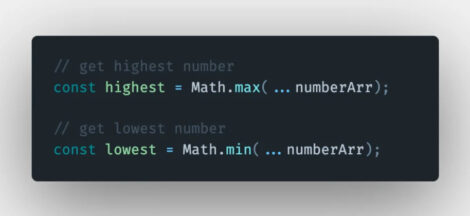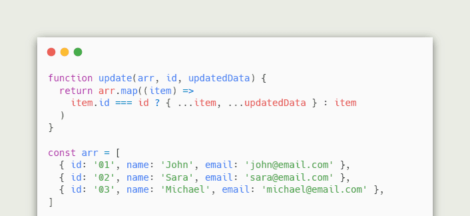“wordwrap” for JavaScript
<!DOCTYPE HTML>
<html>
<body>
<div id="log" style="white-space: pre;"></div>
</body>
</html>
<script>
function wordWrap(str, maxWidth) {
const newLineStr = "\n";
let done = false;
let res = '';
do {
let found = false;
// Inserts new line at first whitespace of the line
for (let i = maxWidth - 1; i >= 0; i--) {
if (this.whitespace(str.charAt(i))) {
res = res + [str.slice(0, i), newLineStr].join('');
str = str.slice(i + 1);
found = true;
break;
}
}
// Inserts new line at maxWidth position, the word is too long to wrap
if (!found) {
res += [str.slice(0, maxWidth), newLineStr].join('');
str = str.slice(maxWidth);
}
if (str.length < maxWidth) {
done = true;
}
} while (!done);
return res + str;
}
function whitespace(string) {
const white = new RegExp(/^\s$/);
return white.test(string.charAt(0));
}
const result = wordWrap("Lorem Ipsum is simply dummy text of the printing and typesetting industry. Lorem Ipsum has been the industry's standard dummy text ever since the 1500s.", 20);
console.log(result);
document.getElementById("log").innerHTML = result;
</script>Another version:
It takes three arguments:
- The string to be wrapped.
- The column width (a number, default: 75)
- The character(s) to be inserted at every break. (default: ‘n’)
Use of regular expressions to remove the computationally heavy bits out of Javascript
function wordwrap( str, width, brk ) {
brk = brk || 'n';
width = width || 75;
if (!str) {
return str;
}
var regex = '.{1,' +width+ '}(\s|$)' + ('|\S+?(\s|$)');
return str.match( RegExp(regex, 'g') ).join( brk );
}
Usage:
wordwrap('The quick brown fox jumped over the lazy dog.', 20, '<br/>n');




 Check if string starts with specific characters
Check if string starts with specific characters